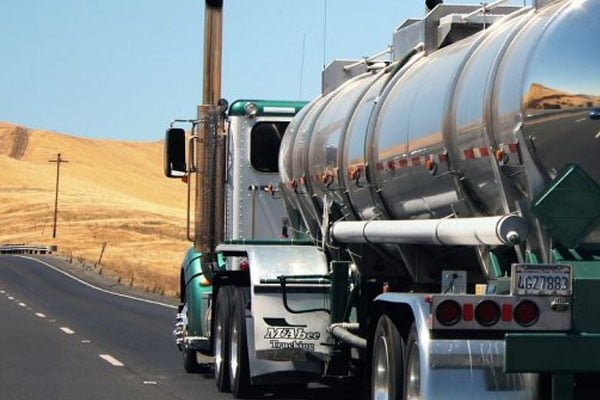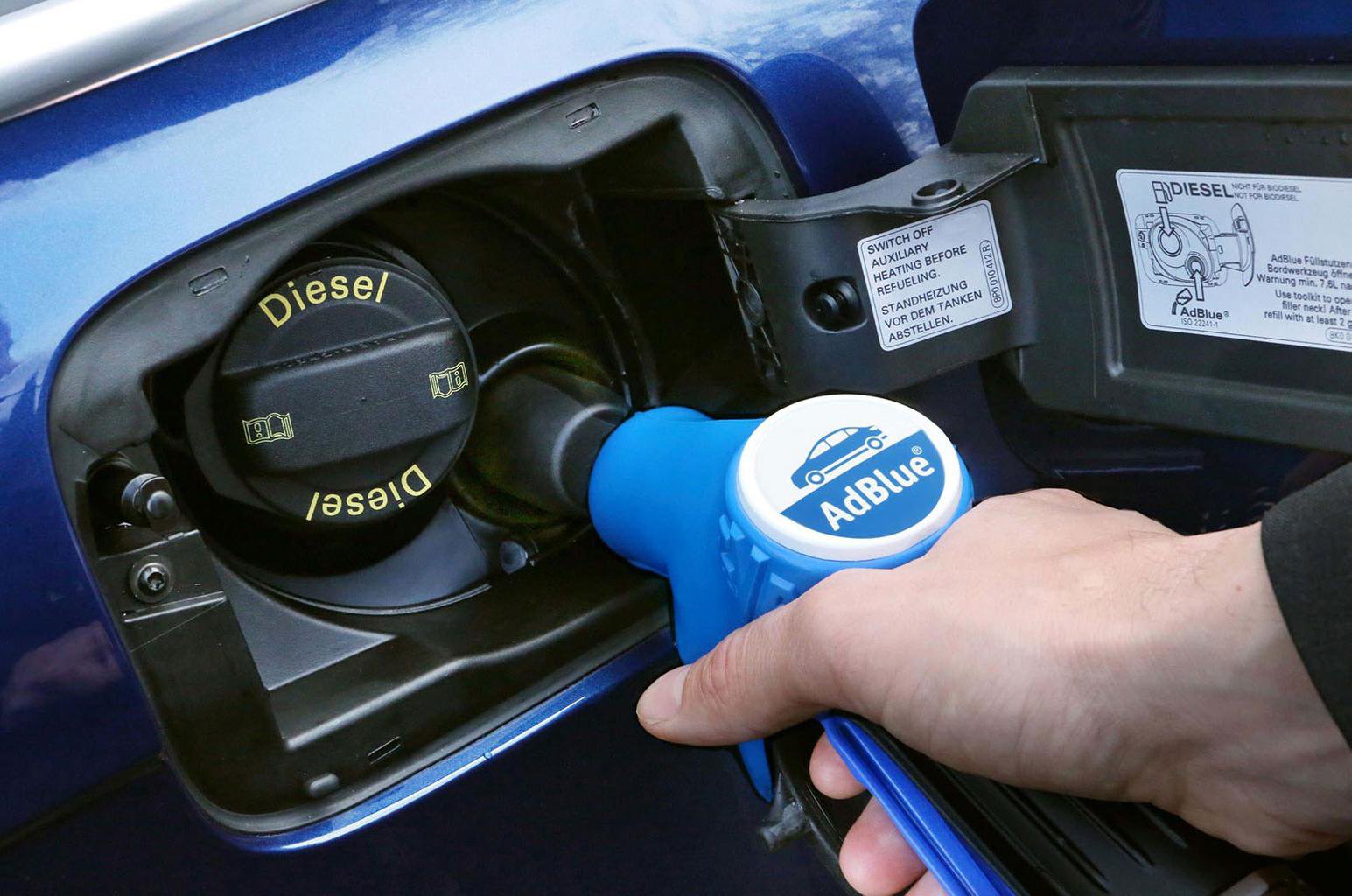Knowing the fuel consumption of a truck is a key issue for any trucking company. In order to efficiently manage a fleet of vehicles, it is not only necessary to do maintenance on the vehicles, but also to know how to calculate how much fuel should be used for a truck’s route.
That is why here we will try to take stock of the average fuel consumption of a truck with a focus toward diesel and diesel fuel.
Truck fuel consumption calculation
It is useful to point out that as much as it is possible to estimate an average consumption calculation, these depend mainly on the size and load of the individual truck.
How then to calculate the fuel consumption of a heavy vehicle?
It involves solving small arithmetic problems in which a proportion is made between the size of the truck, the miles driven, and the cost of fuel at a given time.
Clearly, the smaller the vehicle, the less fuel consumption will be.
The average consumption of a diesel truck
Another aspect that positively affects fuel economy is the choice between gasoline and diesel. In fact, the latter makes it possible to fill up at a reduced cost and save on a truck’s overall fuel consumption. In addition, a vehicle that needs to carry heavy goods needs a lot of power, so diesel better meets that need.
Trucks that are diesel-powered enjoy better durability over time, so much so that they are used for a longer life. This is certainly a great advantage for a company that owns a fleet of vehicles, but also for a private trucker. Again, the fuel consumption of a diesel truck varies depending on the size of the truck, the amount of cargo, and the miles to be driven.
Which truck consumes the least fuel?
By analyzing the various commercial vehicles on the market, it is easy to perform a kind of benchmarking (i.e., an analysis between different competitor prices) to see which trucks have the lowest fuel consumption.
It is difficult to provide an unambiguous answer, but one can still determine how much fuel a vehicle burns on a given route and make a decision based on that figure. Once this is ascertained, it will be easier to navigate the purchase of new vehicles for your company fleet and to understand which automakers you prefer over others.
Another piece of information that must necessarily be kept in mind is the updating of regulations to reduce the environmental impact on the planet. It is always preferable that the vehicles chosen for freight transport, in addition to being fuel-efficient, are all in the euro 6 category. In any case, you can always request a quote from the various trucking companies and figure out the best solution.
Consuming less fuel when driving a truck
Many trucks today have acquired more and more technological functions, so much so that they make traveling a real pleasure. Mirrors equipped with cameras, wireless networking, apps, automated management…more and more innovations can be found on board trucks and trucks.
One of the most interesting fuel-efficient innovations is autonomous driving, a project promoted by the Dutch European Truck Platooning Challenge campaign that allows people to use less fuel through computer-controlled automated driving. This is a revolutionary breakthrough, but one that not everyone can enjoy, which is why it is important to know how to drive in ways that allow us to burn less diesel.
Some tricks
In addition to saving money, applying some practical tips allows us to pollute less while driving. Let’s see what are the golden rules to reduce a truck’s fuel consumption:
- Driving in a linear fashion. Avoiding abrupt acceleration reduces fuel consumption and most importantly does not ruin the engine.
- Maintain a moderate speed.
- Turn off the engine whenever you are stopped (such as at traffic lights, in a parking lot, or in the middle of a traffic jam)
In addition, good tire maintenance helps to reduce fuel consumption and consequently save money. In fact, too low wheel pressure increases fuel consumption because wheel resistance becomes greater. In such conditions, the tire is also subject to faster wear and performance deterioration.
Using summer tires during the winter season and vice versa can seriously affect the performance of the car, as well as cause increased fuel consumption.
Another aspect that should not be underestimated is the use of air conditioning. Although during the hottest periods it is difficult to give up the air conditioner, it has a not inconsiderable impact on consumption. If temperatures permit, it is always best to travel with the window down!
Finally, not everyone knows that excessive use of electronic devices can increase not only battery consumption, but also fuel consumption. This is why it is important to always keep a power bank on board to independently charge your devices.







